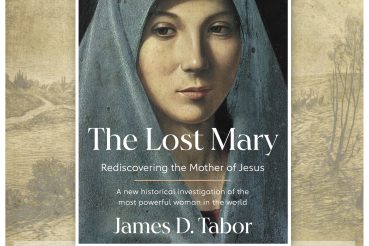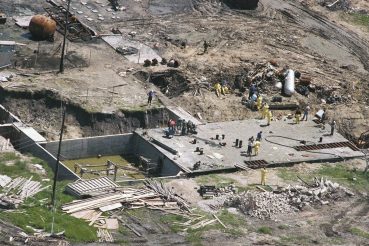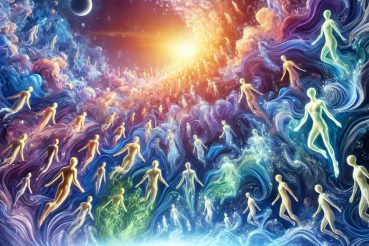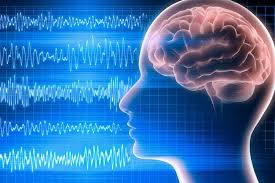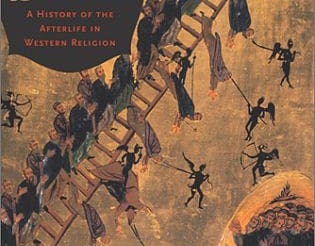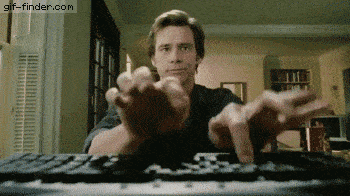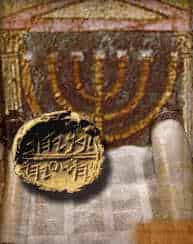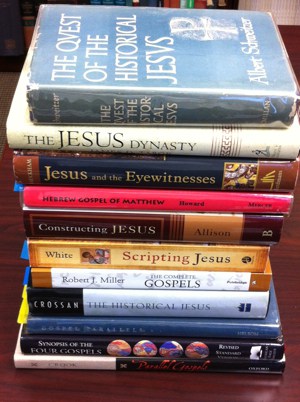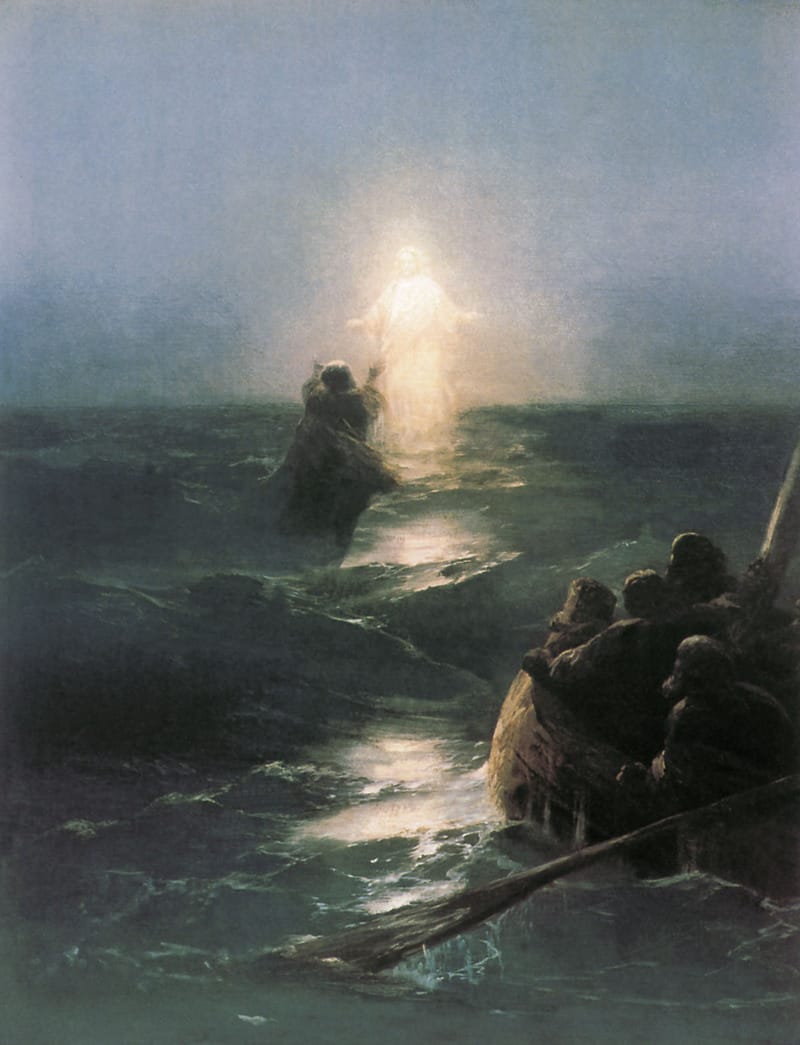In this first major interview on my new book, The Lost Mary, I speak with Dr. Robert L. Kuhn, host of the international program “Closer to Truth,” available on PBS TV, Youtube, all major podcast outlets, and the amazing web site: Closertotruth.com. A quick overview of what the book is…
Here is a short clip of my remarks at the 2025 Waco Branch Davidian Memorial held on April 19th. I decided to talk about my conception of “True Religion,” transcending all groups, denominations, cults, movements, and spiritual paths. Before commenting on any aspect of the Waco tragedy please be sure…
Here is an much expanded version of some of what I presented at the Ehrman NINT conference on Paul over the weekend. it is quite long and goes deeply into many important texts, tailor made for a group such as ours, made up of those who have searched the historical…
I know some of you–perhaps many of you–have followed the work of Dr. Robert L. Kuhn on his TV and now Youtube programs “Closer to Truth.” If you have not visited the web site lately, it has been marvelously redesigned and Robert is ever at work with new horizons…see closertotruth.com. The…
Alan Segal, Life After Death: A History of Afterlife in Western Religion (Doubleday, 2004). Alan Segal was a scholar of late Antiquity with a host of influential landmark books, including Rebecca’s Children and Two Powers in Heaven–both laying new ground in understanding the intersections between Jews and Christians. In this…
I think the main problem in discussions between theists and atheists is the assumption that static categories like “the Divine,” the “supernatural,” the “natural,” and the “material” exist other than as our dualistic semantic projections upon the whole of reality as we can perceive it. Our experiences are never reductionistically…
This semester I have a class of 50 in my Religious Studies 1201 course: Introduction to Religion. For our final exam we are doing essays integrating the content of these six programs from the PBS “Closer to Truth” series with Dr. Robert L. Kuhn. You can watch these and many…
I regularly get queries from readers asking whether my university courses are on-line or available to the public. Although during this “year of Covid” I have been teaching on-line–and will next semester–registering requires admission and enrollment through the university, with normal tuition payments–which I think is not what most people…
I recently wrote a post titled “Do Historians Exclude the Supernatural?” Here I want to explore a related issue that one often hears from a variety of circles also having to do with methods of the academic study of religions–how scholars evaluate ancient texts–and here I will particularly focus on…
The investigative task of the ancient historian is by definition an interpretive one and no interpretation is without predisposition or even prejudgment stemming from known or unknown proclivities of both a personal and contextual nature. Add to this the paucity of our incomplete evidence, whether textual or material, and there…

